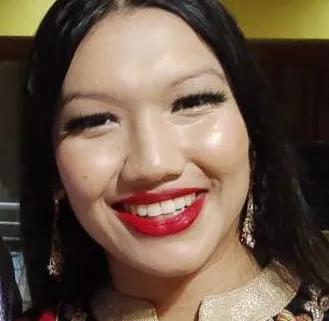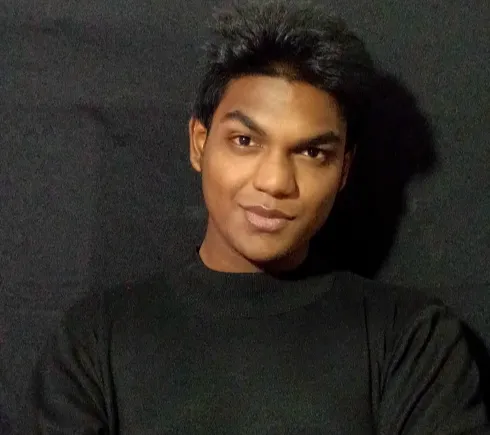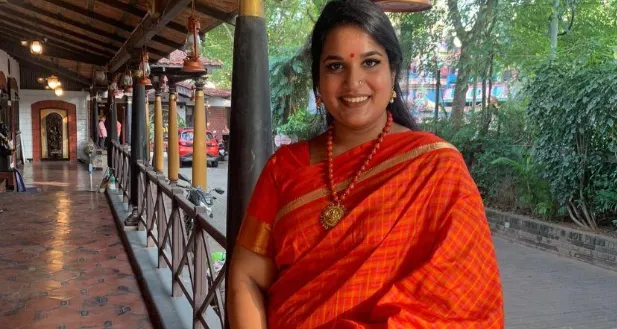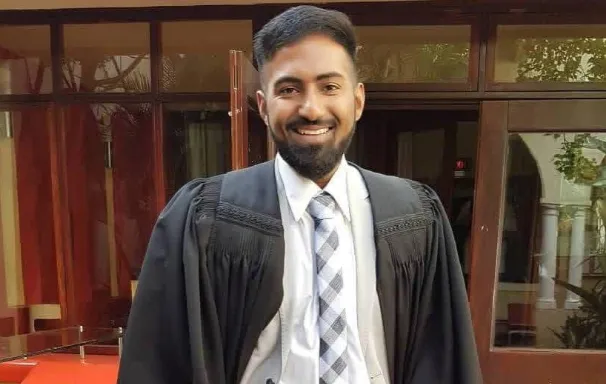From indenture to influence: youth honour their heritage
Honouring their ancestors

Tashmica Sharma
Image: Supplied
YOUNG South African Indians reflect on how the sacrifices and resilience of their indentured ancestors created opportunities for future generations, while acknowledging both progress made and challenges that remain in post-apartheid South Africa.
- Tashmica Sharma, 32, of Westville, said she came from a proud and enduring heritage.
“It is one rooted in the pioneering spirit of our Indian forebears, who, since the late nineteenth century, laid the foundations for socio-cultural, religious, economic, and educational advancements in South Africa.
“Through their commitment to education as both a moral obligation and social imperative, our forefathers ensured that successive generations would have access to the intellectual tools necessary for leadership, self-determination, and to break the cycle of poverty.
“The remarkable achievements of the second and third generations of South Africans of Indian descent serve as a testament to this legacy - demonstrating how education, deeply valued and institutionally cultivated by our forefathers, became the principal vehicle for resilience, adaptation, and success in a complex and evolving national landscape,” she said.
Sharma, an environmental scientist and community activist, said while South African Indians held prominent roles across multiple spheres, this progress should be critically viewed within the broader context of South Africa’s persistent inequalities.
“While many have achieved socio-economic success, structural challenges remain for many communities still affected by the spatial and economic legacies of colonialism and apartheid. I believe there is a need for more opportunities in education, skills development, public participation in policy discourse, social and economic entrepreneurship, and the incorporation of indigenous knowledge systems. In addition, youth need to be given a seat at every table.”

Tashmeer Chetty
Image: Supplied
- Tashmeer Chetty, 19, of Phoenix, said: “Our forefathers played a huge role in shaping the opportunities we enjoy today. They laid the groundwork through their sacrifices, perseverance, and unyielding faith in a better tomorrow.”
He said many arrived on these shores with nothing but the will to survive.
“Yet, they built communities, schools, temples, and businesses from the ground up. They also faced discrimination, hardship, and exclusion, but they never allowed those challenges to define their destiny.
“Their vision extended beyond their own lifetimes. They believed in the power of education, unity, and hard work as tools for liberation and progress. It’s because of their resilience that later generations, like ours, could dream freely and pursue careers in fields our ancestors could scarcely imagine.
“I believe we owe it to them to continue their legacy, not just by enjoying the privileges they fought for, but by expanding them. We must ensure that the doors they opened stay open for future generations. In a sense, every success story in the South African Indian community today carries echoes of their courage and determination,” he said.
Chetty, who is a drama and literature student at UKZN, writer and actor, said in recent years, the youth were seemingly forgetting their culture and history.
“We have become too 'white-washed' as youths. In the words of Ngũgĩ wa Thiong’o, we need to start ‘decolonising the mind’. I suggest that parents start the trend of igniting the topic among the youth. We need to ground and continuously ask ourselves ‘who we are?’ and ‘where we came from?’.
“Parents should take their children to the 1860 Heritage Centre or the Gandhi-Luthuli Documentation centre. This is a far more enriching activity than other distractions that young people engage in nowadays.”

Saranya Devan
Image: File
- Saranya Devan, 29, of Cape Town, said: “Our ancestors played an instrumental role in shaping the foundation on which we stand today. They endured profound hardship yet from that struggle we have inherited an incredible sense of resilience, dignity, and perseverance.”
She said it was important to recognise that it was not only the forefathers, but also the brave women - mothers, daughters, and sisters - whose strength held families and communities together under immense pressure.
“Their sacrifices were emotional, physical, spiritual, and generational. We honour them not just by remembering, but by living with purpose and integrity.”
Devan, a theatre and dance lecturer and PhD candidate, said from indentured labourers working the cane fields to professionals, creatives, academics, and leaders, there was “no doubt” that progress has been made, and that many South African Indians have excelled.
“While we have certainly come a long way, we must also be honest about the present reality. While there are success stories, the socio-political landscape of our country is complex, and opportunities are not always equally accessible. Often, race and identity politics overshadow merit and skill. So, while we acknowledge the growth, we must also recognise that the journey remains ongoing and that there are still barriers.”
Devan added that it was important for the youth to know their history, and not “just claim it”.
“Understanding where we come from shapes how we see ourselves and how we move in the world. There is pride, dignity, and grounding in knowing our stories, our heritage, and the struggles that formed us. Carry the memory forward, be proud and live consciously.”

Shekhar Sook
Image: File
- Shekhar Sook, 29, of Umkomaas, said he also believed that his forefathers played a profound role in laying the foundation for the opportunities enjoyed today by the youth.
“Our forefathers endured hardship, discrimination, and limited access to education or resources, yet they persevered with resilience, faith, and an unwavering belief in the power of education and hard work. Their sacrifices were not for themselves alone, but for the generations that would follow, for us.
“When we look at how far South African born Indians have come, it is impossible not to feel pride. From indentured labourers who toiled in the fields to today’s professionals, entrepreneurs, leaders, and innovators; our community has transformed its narrative through perseverance and education. We are now present in every sphere, from government and business to academia and the arts, yet still carry with us the values of humility and hard work passed down by our forefathers,” he said.
Sook, who is an attorney, said while Indians in South Africa had achieved much success, the journey was not complete.
“Our youth need more access to mentorship, entrepreneurship opportunities, and skills development programmers that prepare them for a rapidly changing world.”
Sook said his message to the youth was to “never forget where they came from”.
“Know your history, not as a distant story, but as the foundation upon which your life stands. Our forefathers’ struggles are reminders of what resilience looks like. Preserving that history ensures that future generations understand that our success was not handed to us, but earned through courage, unity, and perseverance. By remembering and honouring our past, we give meaning to our present, and direction to our future.”
Related Topics: